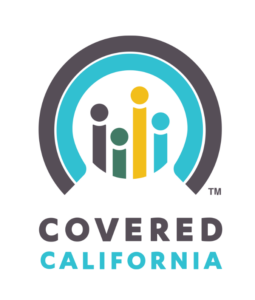What do Medicare Parts A & B not cover?
Millions of older Americans receive their health insurance from the Medicare program. Though Medicare is a very large system, it boils down to Original Medicare, which consists of two types of coverage: Medicare Part A & Medicare Part B.
Parts A & B form the core of most Medicare plans. However, they are not all-inclusive and won’t cover every type of care someone might want. You must set up your Medicare portfolio appropriately to always get maximized benefits.
What are Medicare Part A & Part B?
Original Medicare benefits cover most of the essential health care services policyholders need.
- Medicare Part A covers most care at hospitals or inpatient centers. Coverage can apply to the costs of overnight hospital stays, surgeries or care received in mental health facilities, nursing homes, rehab and long-term care facilities. It can also pay for certain home health services.
- Medicare Part B pays for medically necessary care services. These might include checkups, immunizations, imaging and other wellness care.
Both Part A & Part B coverage have clear rules on when they will pay for care. Therefore, just because you see a doctor doesn’t mean that Original Medicare will pay.
Restrictions to Original Medicare
There are many situations where Original Medicare won’t pay for some or all your care. Keep these possible coverage restrictions in mind:
- Deductibles will apply to certain procedures. As a result, you must pay the cost of your deductible before your policy will cover the cost of certain care.
- Original Medicare does not cover most prescription drug costs. It will only pay for prescriptions in limited cases.
- Only certain physicians and hospital networks accept Medicare. If you visit a doctor who does not accept Medicare, then your plan won’t pay.
- Medicare sets different cost sharing requirements on different services. You might have to pay co-payments and/or coinsurance obligations when receiving care.
- Dental, vision & hearing care do not have coverage in most cases.
- Medicare might require you to receive pre-approval for certain care. If you don’t have pre-approval, then Medicare won’t pay for your claim.
- If you receive care that Medicare does not consider medically necessary, then your plan will not pay.
There are ways to get expanded coverage for certain care, such as prescription drugs, dental or vision care. You might be able to buy a Medicare Advantage plan. This is private insurance that offers Part A & B coverage, but might also offer benefits for prescriptions, dental, vision and related care. Or you might choose Medicare Part D prescription drug coverage. You can use this private plan to tack a prescription benefit onto your Original Medicare.
However, you’ll have to qualify for these plans once you get your Original Medicare. Therefore, consider Original Medicare your steppingstone towards comprehensive health benefits.




